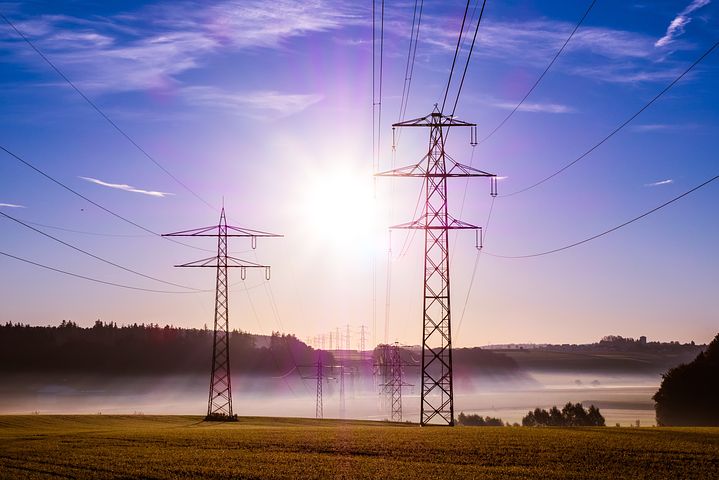Electric Generator: How it Works to Provide Backup Power

Electrical generators are standalone machines that provide electricity when power from the local grid is unavailable. But how do these machines provide electrical power if the grid goes out or is unavailable? Are they safe and reliable to use in emergency situations? In this post, the experts at Woodstock Power examine the electric generator: how it works to provide backup power to businesses and facilities.
Convert, Not Create
The first thing to know is that electrical generators do not create electricity, but they convert mechanical or chemical energy into electrical energy. Generators work by forcing electrons from an external source through an electrical circuit. One way this has been described is that an electrical generator is basically an electrical motor working in reverse. Just like an engine powers a car and the car uses the energy from the engine to propel itself, so engines also power generators and the generator uses that energy to power other machines and utilities.
Fuel
Generators these days typically run on diesel, natural gas, or propane. The engine uses this fuel to power the generator so that it can establish an electrical current. The generator uses this electrical energy like a magnet, directing the energy to where it needs to go.
If you’d like more information about the different fuel types for a generator, and which one might be right for you, read our complete list and explanation of generator fuel types.
Electric generator: how it works In Emergencies
As you can see, since internal fuel powers generators, and they do not depend on a local grid, they can be reliable, convenient, and safe in emergencies. The most common type of generator for emergency use is natural gas, since it can be connected to a local pipeline. However, if one is concerned about an emergency situation that causes major infrastructure damage so that even pipelines are unusable or inaccessible (such as a major natural disaster), then propane or diesel may be better options.
For More Information
If you’d like more information about how generators work, or need assistance in picking one, please contact us and a member of our expert staff would be glad to help you!

